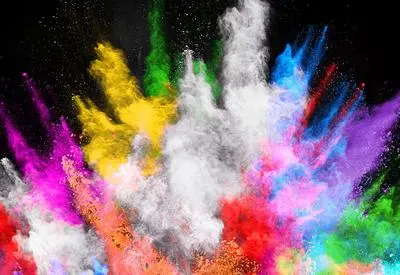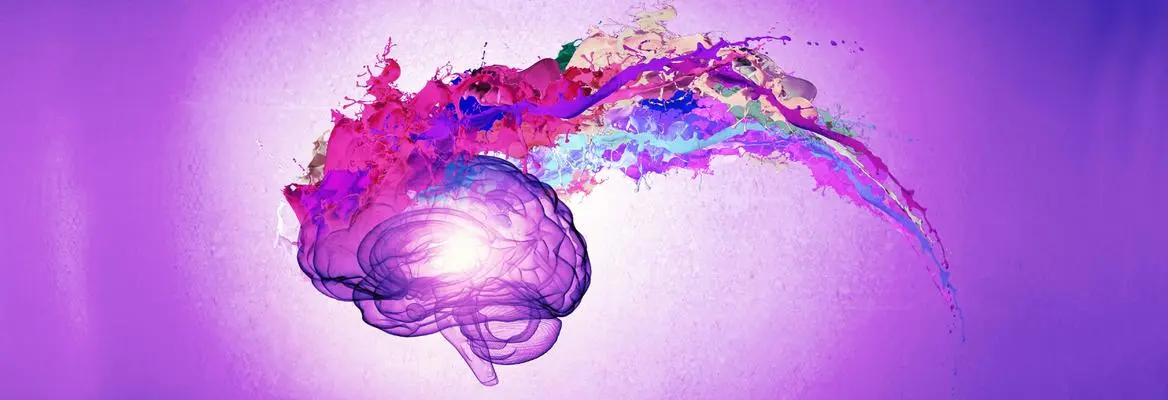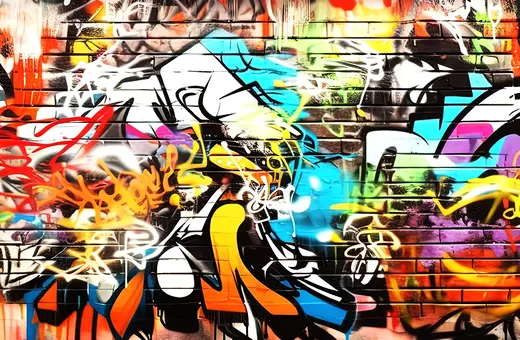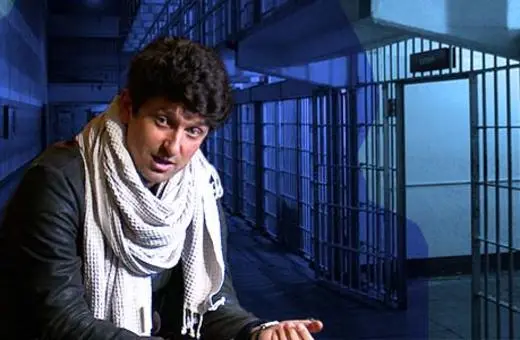We live in a world where our attention is constantly being pulled this way and that. Multitasking is now considered a virtue, and as a result we seem to be starving ourselves of truly rich and immersive experiences. In this article, Tom Cochrane argues that we should seek to reclaim such experiences through pursuing the state of flow. He explores the philosophical ideas which underpin flow, whilst outlining how we can best achieve this state.
It is often said that we live in distracted times, where both social media and our jobs pull our attention in a dozen different directions at once. People often complain of finding it hard to concentrate on tasks for more than a few minutes before another email pings us, or we feel the temptation to check Twitter or Instagram—just for a few seconds—until we find ourselves half an hour later wondering what sent us online in the first place. Perhaps this is happening to you right now.
 SUGGESTED READING
Reimagining creativity
By Oli Mould
SUGGESTED READING
Reimagining creativity
By Oli Mould
A possible antidote to this modern ill is the state of flow. Flow is a peak experience in which we become intensely absorbed in a single activity. It was first systematically described by Mihály Csíkszentmihályi in his book Flow: The Psychology of Optimal Experience (1990). Yet there is a long history behind the idea. As Edward Slingerland notes in his delightful book Trying Not to Try: The Art and Science of Spontaneity (2014) there are a number of parallels between flow and the ancient Chinese concept of wu wei (literally ‘non-action’ but more clearly ‘effortless action’). For the sake of this article however, I’ll concentrate on Csíkszentmihályi’s account, which describes flow with the following 9 features:
1. Action-awareness merging: A lack of awareness of self as separate from the actions being performed.
2. Loss of self-consciousness: Concern for the self disappears and the person becomes one with the activity.
3. A sense of control: A sense of exercising control without actually trying to be in control.
4. Transformation of time: A loss of time awareness or time disorientation.
5. Autotelic experience: An intrinsically rewarding experience involving a deep sense of enjoyment.
6. Concentration on the task at hand: Narrowing of focus and the centring of attention on a limited stimulus field.
7. Clear goals: Goals either set in advance or developed out of involvement in the activity are clearly defined.
8. Unambiguous feedback: Clear and immediate feedback concerning performance in relation to the goal(s) set.
9. Challenge-skill balance: The requirement that there be a balance between ability and the demands of the task.
On reading this list, you may wonder if you’ve ever experienced flow. I expect most humans have experienced pretty intense absorption, but there is something magical about features such as the dilation of time or the disappearance of the self. These are rare at best. In fact, serendipity may be another significant feature of flow. We cannot reliably get ourselves into this state. If that’s the case, flow may be less of an antidote to modern distractions than a diagnosis of how we fall short.





















Join the conversation